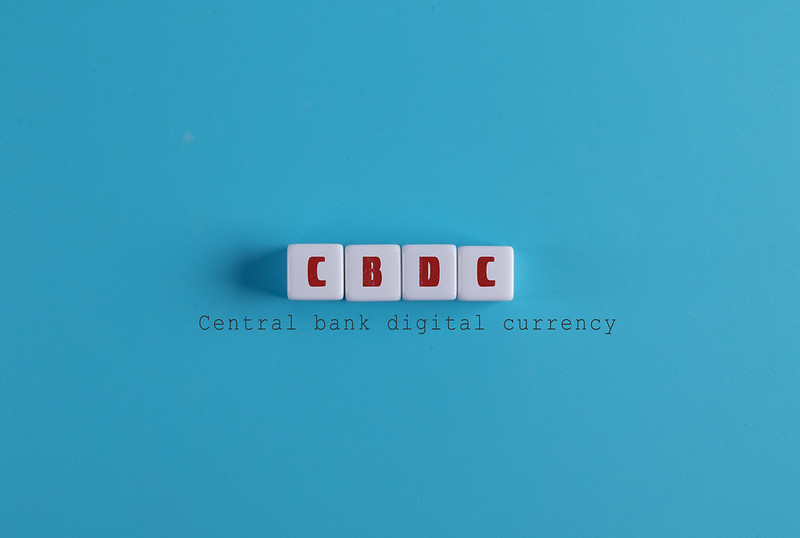With the rising popularity of cryptocurrencies such as Bitcoin (BTC) and Ether (ETH), central banks worldwide are mulling the possibility of issuing their own central bank digital currency (CBDC) as an alternative to privately-issued tokens. Interest in CBDCs appears to have picked up recently as the number of central banks exploring virtual currencies has tripled in just one year.
A total of 105 countries are now exploring central bank digital currencies, according to the Atlantic Council’s Geoeconomic Centre in a recent update to its Central Bank Digital Currency (CBDC) Tracker. The figure represents a three-fold rise in just one year.
“105 countries, representing over 95 percent of global GDP, are exploring a CBDC,” the Atlantic Council wrote. “In May 2020, only 35 countries were considering a CBDC.”
The report added that 50 countries are already in an advanced phase of exploration. This means that their CBDC projects are in development, pilot or have been launched.
Ten countries have already fully launched a digital currency. These include China, which is set to expand its pilot in 2023, Africa’s largest economy Nigeria, which launched its CBDC in October last year, and Jamaica, the latest country to join the category with the launch of its CBDC called the JAM-DEX.
Meanwhile, the report also pointed out that the U.S. and the U.K. are the farthest behind on CBDC development among G7 member countries. “The European Central Bank has signaled it will aim to deliver a digital euro by the middle of the decade,” the report added.
Among G20 countries, 19 are already exploring a CBDC. Sixteen countries are already in the pilot or development stage, which includes India, Russia, Japan and South Korea.
The Atlantic Council sees the need for an international CBDC standard to avoid potential technical problems in the future. “The financial system may face a significant interoperability problem in the near future,” the report added. “The proliferation of different CBDC models is creating new urgency for international standard setting.”







